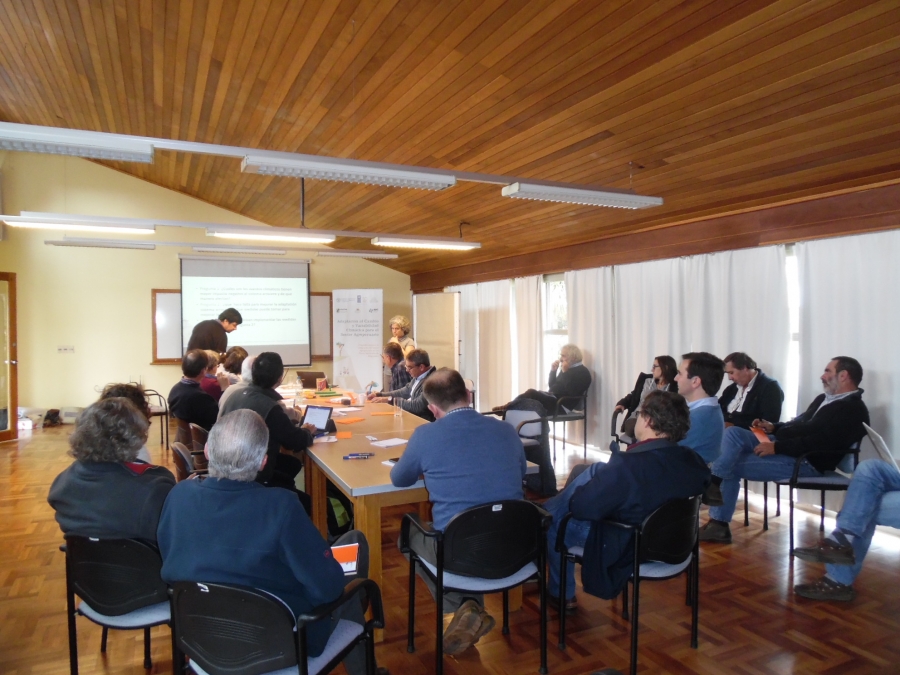Analysis of vulnerability, resilience and climate change adaptation of Uruguay’s productive sectors

The agricultural sector is highly dependent on climate conditions. It becomes vitally important to identify alternatives for adapting to variability and climate change in the country’s different productive sectors in order to reduce vulnerability and increase system resilience.
In this context, and in view of the Ministry of Livestock, Agriculture and Fisheries need to prepare a National Plan for Climate Change Adaptation for the Agricultural Sector (PNA – Agro in Spanish), in March 2017 the SARAS Institute began preparing a project aimed at analyzing the vulnerability, resilience and climate change adaptation of the Uruguayan productive sectors (extensive agriculture, family farming, dairy, livestock, horticulture, rice, forestation and fishing).
The work being carried out together with a team from the Office of Agricultural Policy and Programming (OPYPA in Spanish) will lead to the construction of a system to assess the vulnerability (exposure, sensitivity and adaptive capacity) and the climate resilience of different agro-ecosystems.
Additionally, SARAS’ team will provide training to educators, researchers, and technical staff of Ministries on the cost-benefit analysis (CBA) technique, to assess alternatives to climate change adaptation and related policies.
As a result of the project, a matrix of indicators will be established for studying the vulnerability and climate resilience of the different productive sectors, a procedure defined for their systematic estimation, and an application protocol of the CBA technique.
By doing this, the SARAS Institute is contributing to create the necessary instruments for the agricultural sector’s better adaptation to climate change, a priority issue within the policies defined by the Ministry of Livestock, Agriculture and Fisheries of Uruguay.
